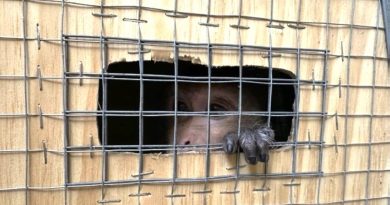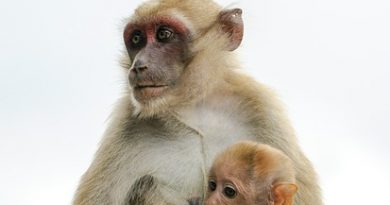Lush Prize Report on Animal Research & Alternatives in Africa
From Lush Prize:
On September 30th, 2024, Lush Prize released a major report looking at animal use in research, testing and education in Africa, as well as alternative, non-animal, approaches across the continent.
They wanted to assess, if possible, the level of animal use across the 54 independent states in Africa, to see what initiatives there were to use non-animal methods instead, and if there were any educational, public awareness or legislative campaigns to end animal use. To their knowledge, this report is the first of its kind on the ‘state of play’ on animal research and alternatives to animal use across Africa. It is intended as an initial scoping review to provide a basis for potential further work.
Key findings include:
- Universities appear to be a major use of animals in various countries in Africa.
- A great deal of animal research across Africa is related to animal farming (‘livestock’ production) and associated diseases. The expected increase in animal agriculture, particularly intensive farming, could lead to more animal use in research.
- Another common area of animal research relates to plant extracts, despite many being of long human use in traditional medicine or as herbal remedies.
- There is encouraging use of alternative approaches, such as in-silico and in-vitro methods, but these are often used as preliminary work to animal studies, rather than to fully replace them. Nevertheless, this demonstrates the great potential for further training, outreach and education.
- It appears that no country in Africa collates (or at least makes publicly available) official data on the number of animals used in research.
- The report provides examples of workshops and other replacement initiatives in a number of countries.
- No country in Africa has implemented legislation specifically relating to animal use in scientific research.
To read more about key findings and the full blog post on the report by Lush Prize, click here.
To read the full report click here.




